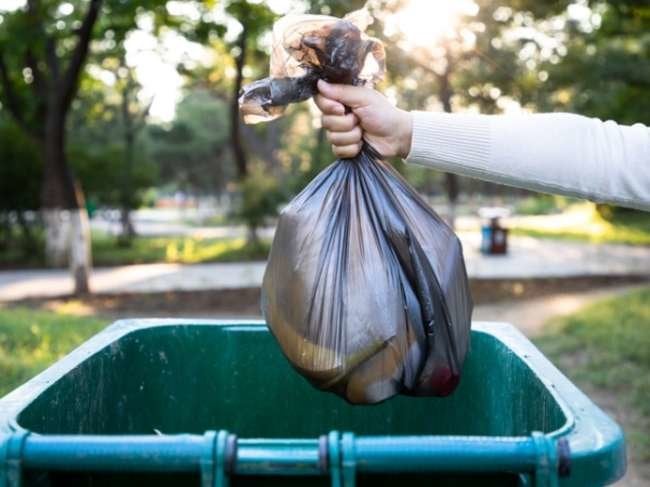

We may earn revenue from the products available on this page and participate in affiliate programs. Learn More ›
Know When to Toss
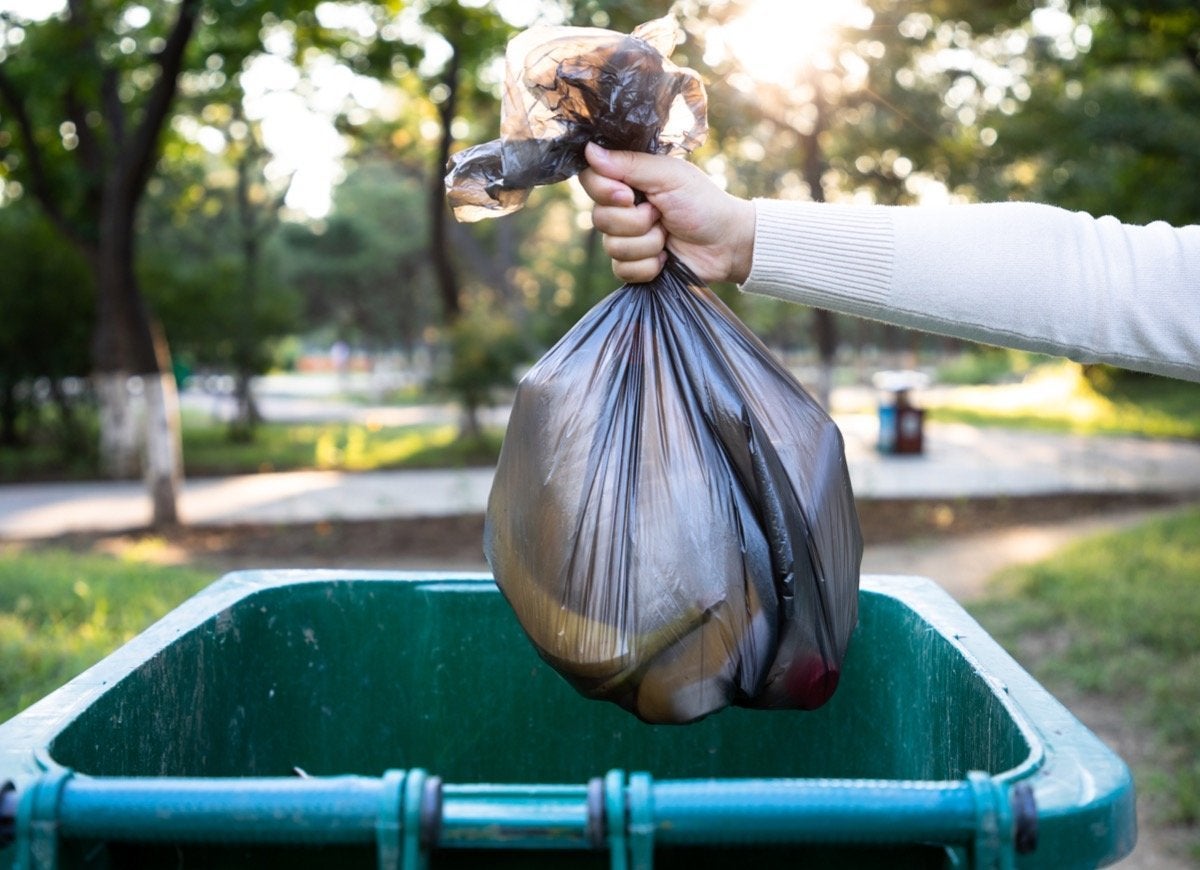
The current coronavirus crisis has caused many consumers to stockpile essential items, including toilet paper and wet wipes as well as bleach, ammonia, vinegar, and other cleaning products. One problem with hoarding, however, is that many common household items can go bad over time. At best, expired products are useless; at worst, they can be hazardous to your health. Here is a collection of common household items that are subject to expiration and should be replaced from time to time.
Fire Extinguishers
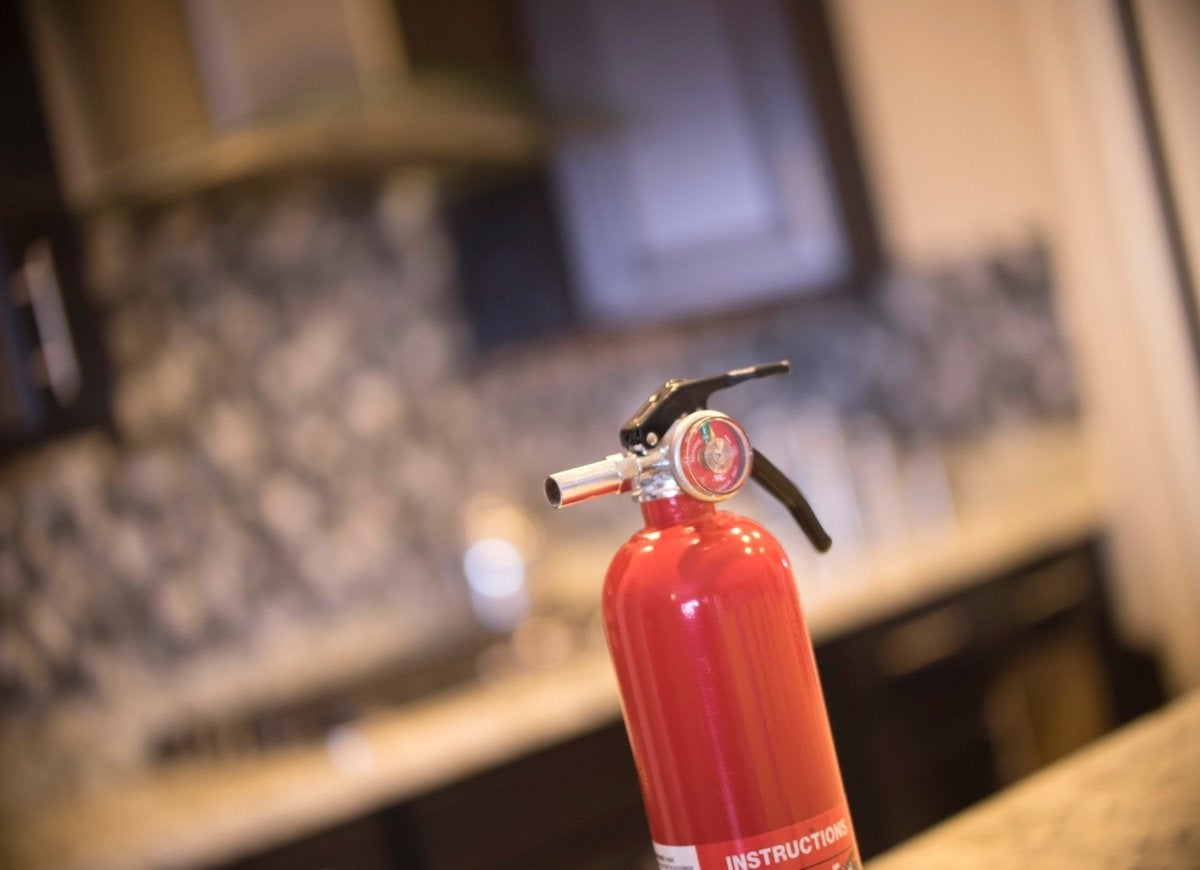
Although most fire extinguishers last several years, don’t take that guideline as a guarantee that an extinguisher you’ve had lying around for a few years will work when you need it. Household fire extinguishers come with a pressure gauge that indicates whether the unit is operational or not. If the gauge is in the red zone, the extinguisher may not be functional and should be disposed of properly. Even if the indicator is in the green zone, give the unit a shake and listen for the sound of foam moving inside; if you don’t hear anything, the foam may have solidified, in which case it’s time to get a new unit.
Smoke and Carbon Monoxide Detectors
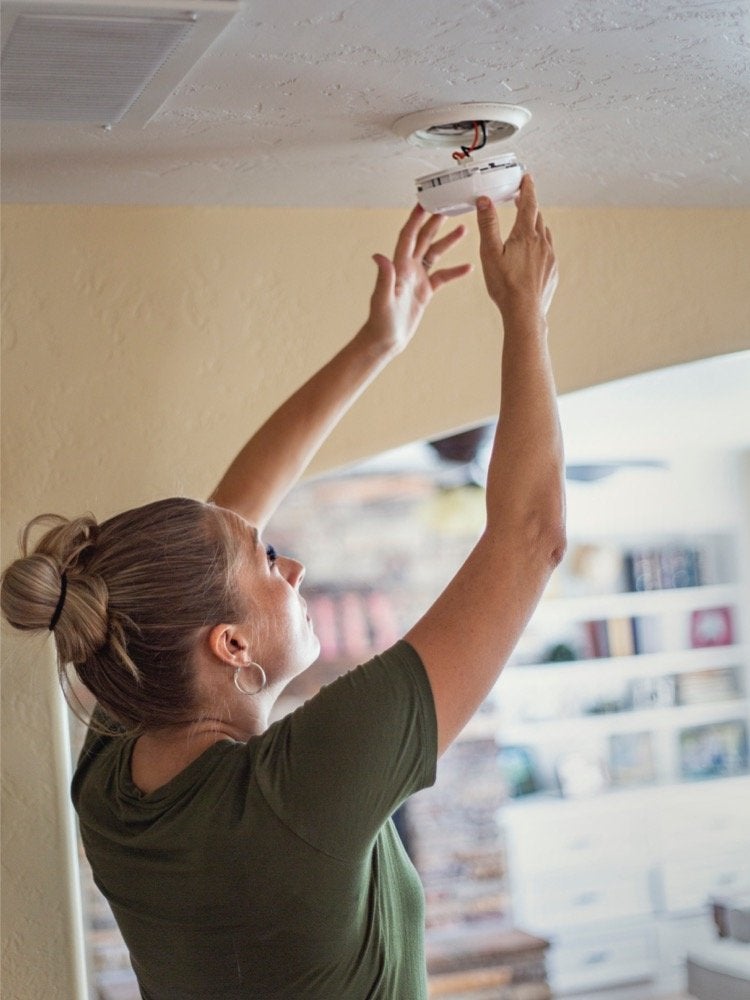
Even if you regularly replace the batteries in these essential home safety items, smoke detectors and carbon monoxide detectors can lose effectiveness over time. Manufacturers generally recommend replacing these units every 10 years. Check the manufacturing date printed on the device to determine a detector’s age, and replace if necessary.
Medicines

Medication is sensitive to moisture and air, and as a result, it will lose effectiveness over time. Some drugs can even become dangerous if used after their expiration date. According to the U.S. Food and Drug Administration, the chemicals used in many medications break down and change over time, becoming less effective—or, in the case of certain drugs, potentially toxic. Always check expiration dates before you medicate, and safely discard any medicines that are past their prime.
Sunscreen
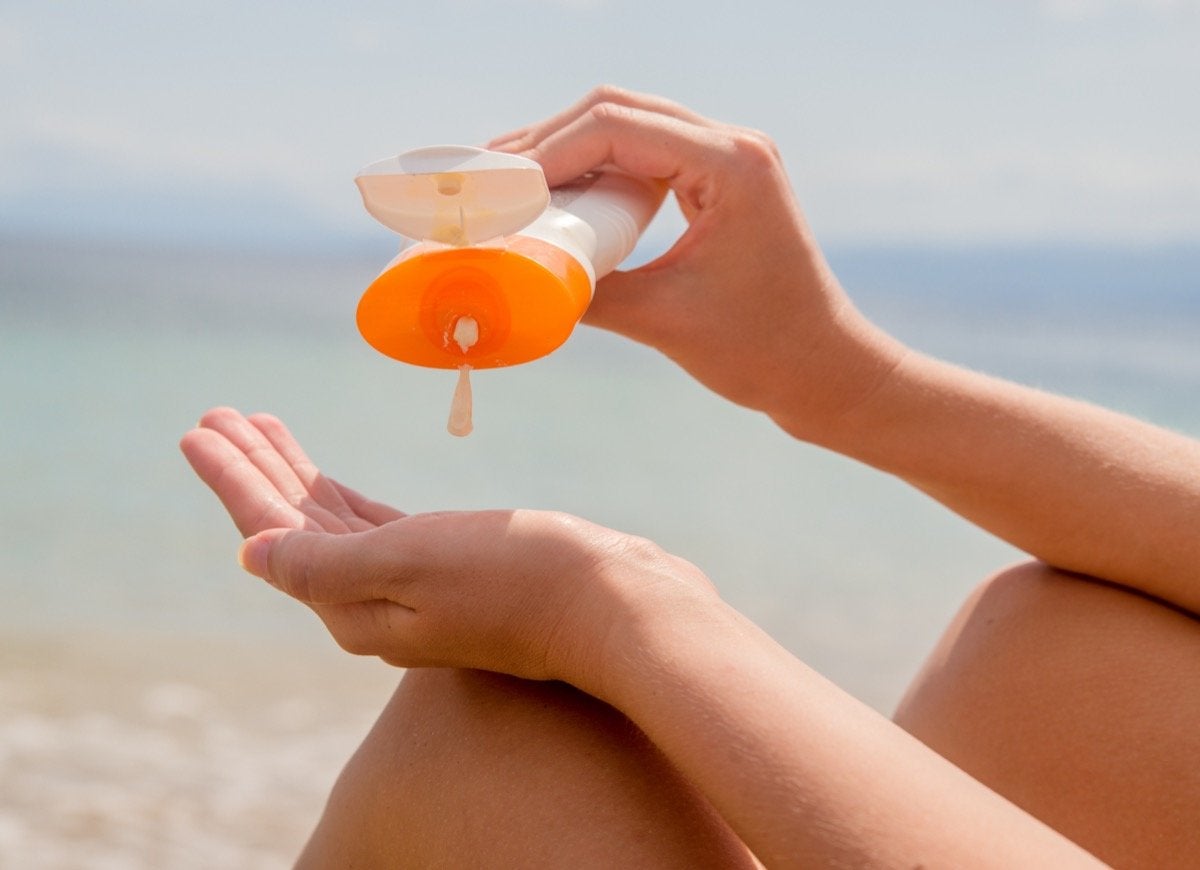
It might be tempting to use last summer’s bottle of sunscreen, but if you do, you could wind up with a nasty burn. Researchers at the Mayo Clinic found that most sunscreens last only three years, and many health professionals recommend buying a new bottle every year. Many bottles do have printed expiration dates, but if yours doesn’t, write the purchase date on the bottle so you’ll know when it needs to go.
Sunglasses

Although the glitterati consider sunglasses a de rigueur fashion accessory, today’s glasses are about much more than style. Sunglasses are designed to protect your eyes from the sun’s harmful UV rays, which can cause cancer, cataracts, or other conditions. Over time, however, sunglasses become less effective at blocking harsh UV light, as scratches and normal wear and tear damage the protective coating, according to researchers at the University of São Paulo, who recommend replacing your shades every two years.
Bug Spray

Insect repellent—whether in spray or lotion form—loses its effectiveness over time and stops keeping those pests away. Health professionals recommend replacing insect repellent every two years. Similarly, pest-deterrent candles, sticks, torches, and yard sprays also lose effectiveness and should be replaced at the end of the season.
Infant and Child Car Seats

The next time you see a car seat at a yard sale, pass it by. Car seats are designed to protect your infant or child in the event of a crash, but the protective materials degrade and compress over time, rendering them ineffective after 6 to 10 years. By law, all car seats must be stamped with the date of manufacture, typically found on the side or bottom of the seat. But a car seat’s age isn’t the only argument against buying used—previous damage can affect a seat’s performance and safety. To ensure safety and peace of mind, spring for a new car seat.
Bike Helmets

As with car seats, the materials used to manufacture bike helmets are subject to degradation over time. Health and fitness experts recommend replacing bike helmets every three to five years, or if the helmet has been involved in a crash or appears damaged in any way.
Running Shoes

Many people simply refuse to give up a pair of sneakers until they are full of holes. But if that’s your approach to running shoes, you may be doing permanent damage to your joints by continuing to wear sneakers that no longer provide your feet with sufficient support. Fitness pros recommend that avid runners replace their shoes every 200 to 300 miles; typical users should replace workout shoes every six months to one year.
Shampoos and Conditioners
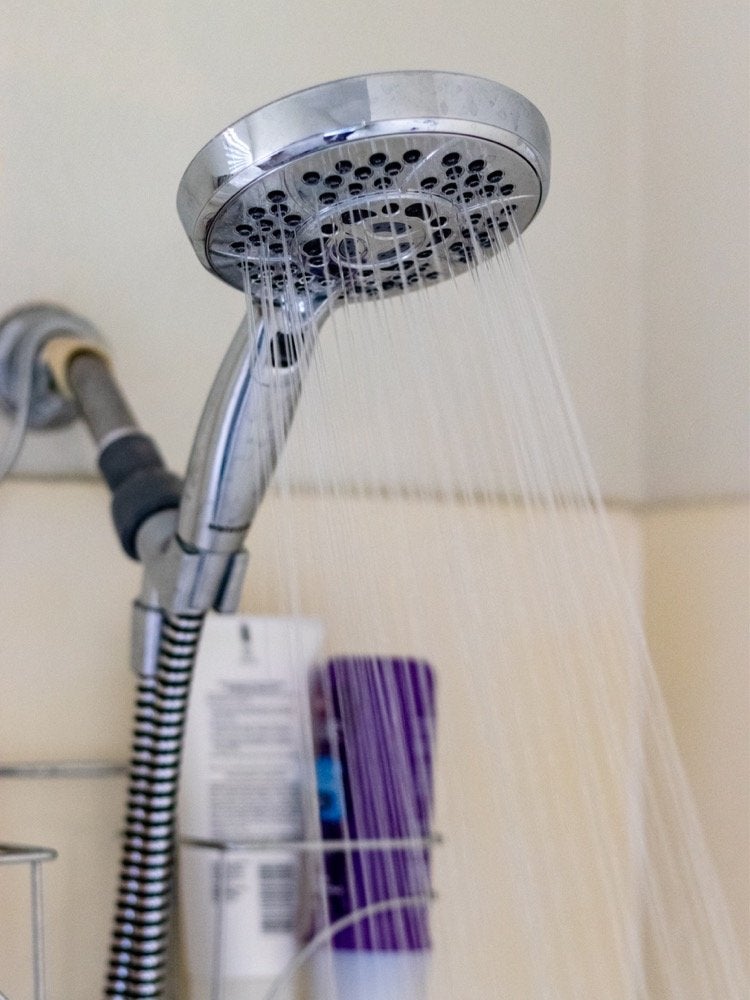
Contrary to popular belief, hair care products can go bad, especially once they have been opened and exposed to air. Unlike many other products, shampoos and conditioners are not required to have expiration dates, but opened bottles should be discarded after about 18 months—sooner if the product smells bad or changes color. Unopened bottles may be kept up to three years.
Deodorant and Antiperspirant
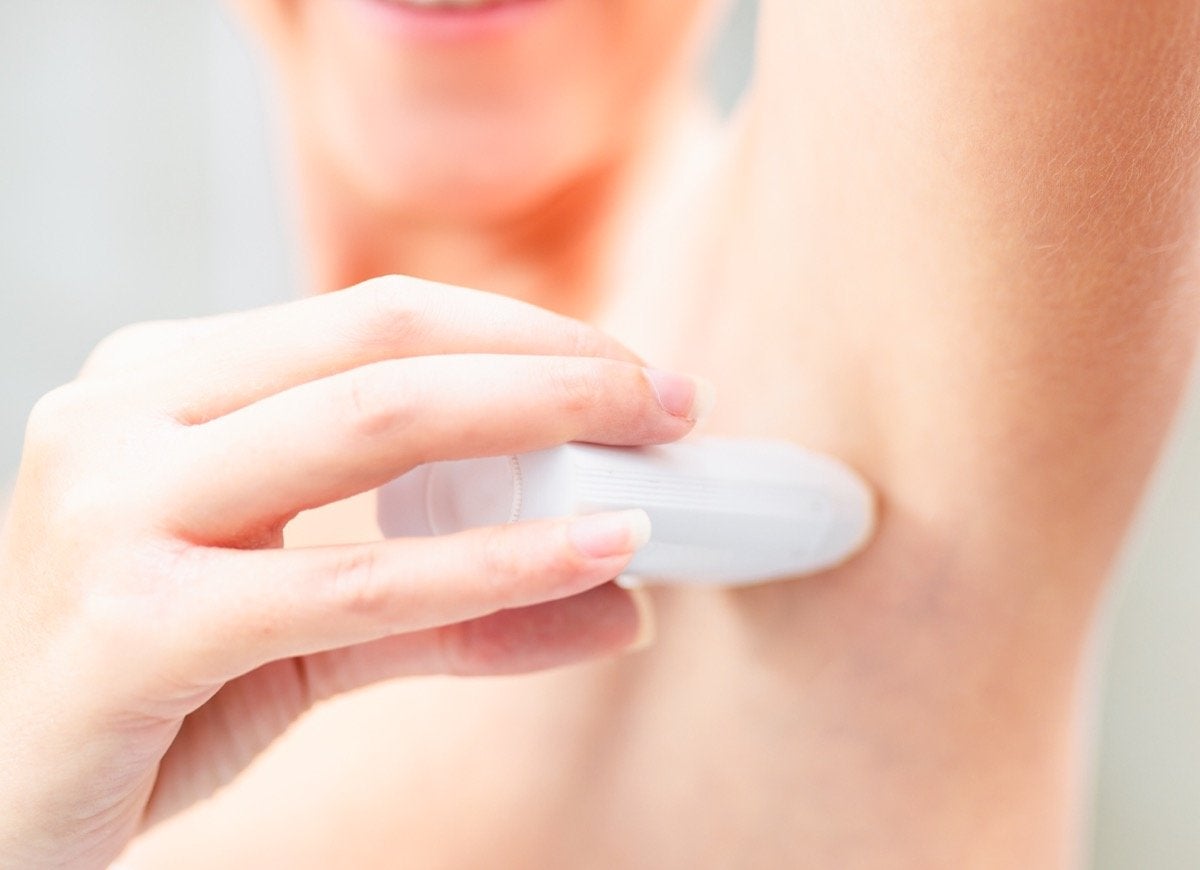
If you don’t want to stink, pay attention to the expiration dates on your deodorants and antiperspirants. Unopened items will last up to two years; opened ones typically last about a year.
Lipstick and Makeup
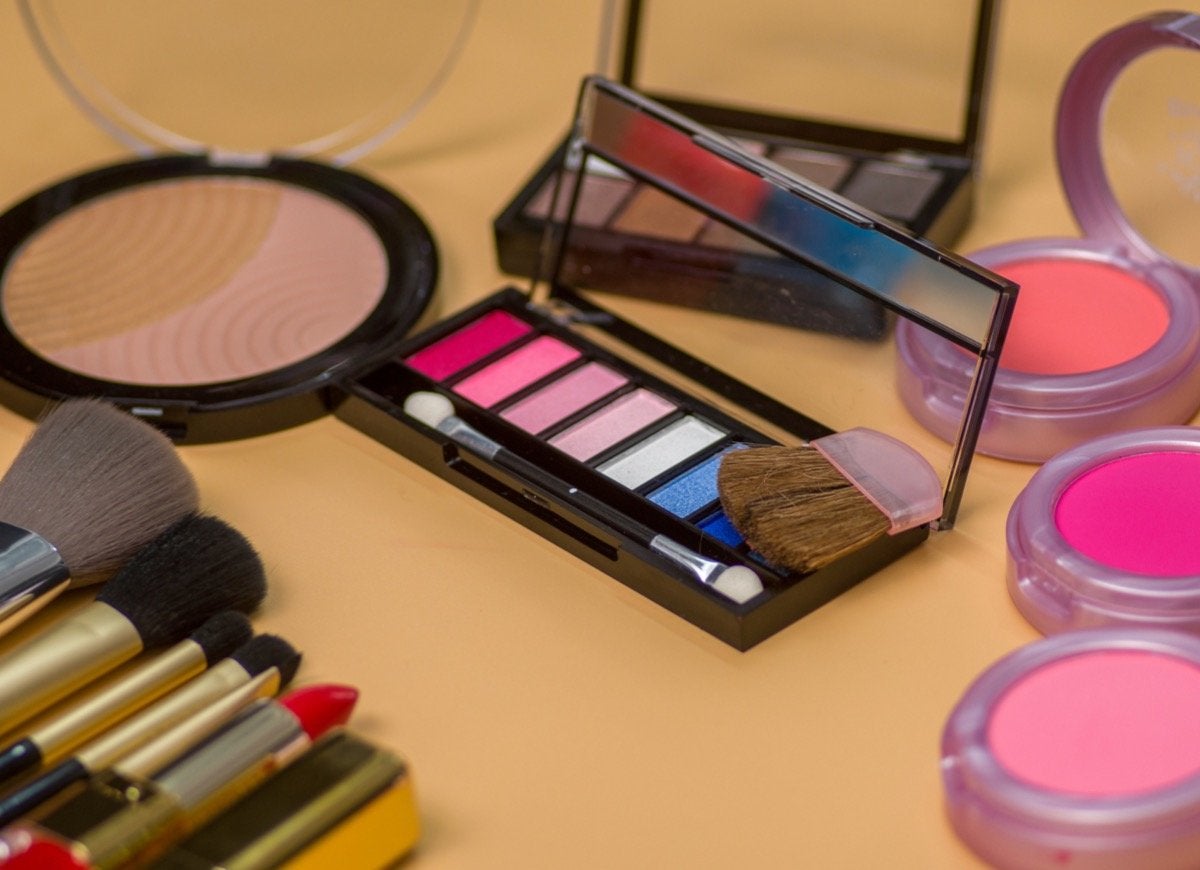
One of the biggest problems affecting the shelf life of cosmetics is bacteria growth, which is why many makeup products come with expiration dates. Mascara, for example, should be thrown away after about three months to prevent the accumulation of bacteria that can result in eye infections. In general, cosmetics degrade after being exposed to air, especially when also subject to high heat and humidity, and lipsticks dry out and begin to smell over time. Throw out cosmetics when they reach their expiration date, or if you notice changes in their texture or smell.
Razor Blades and Disposable Razors
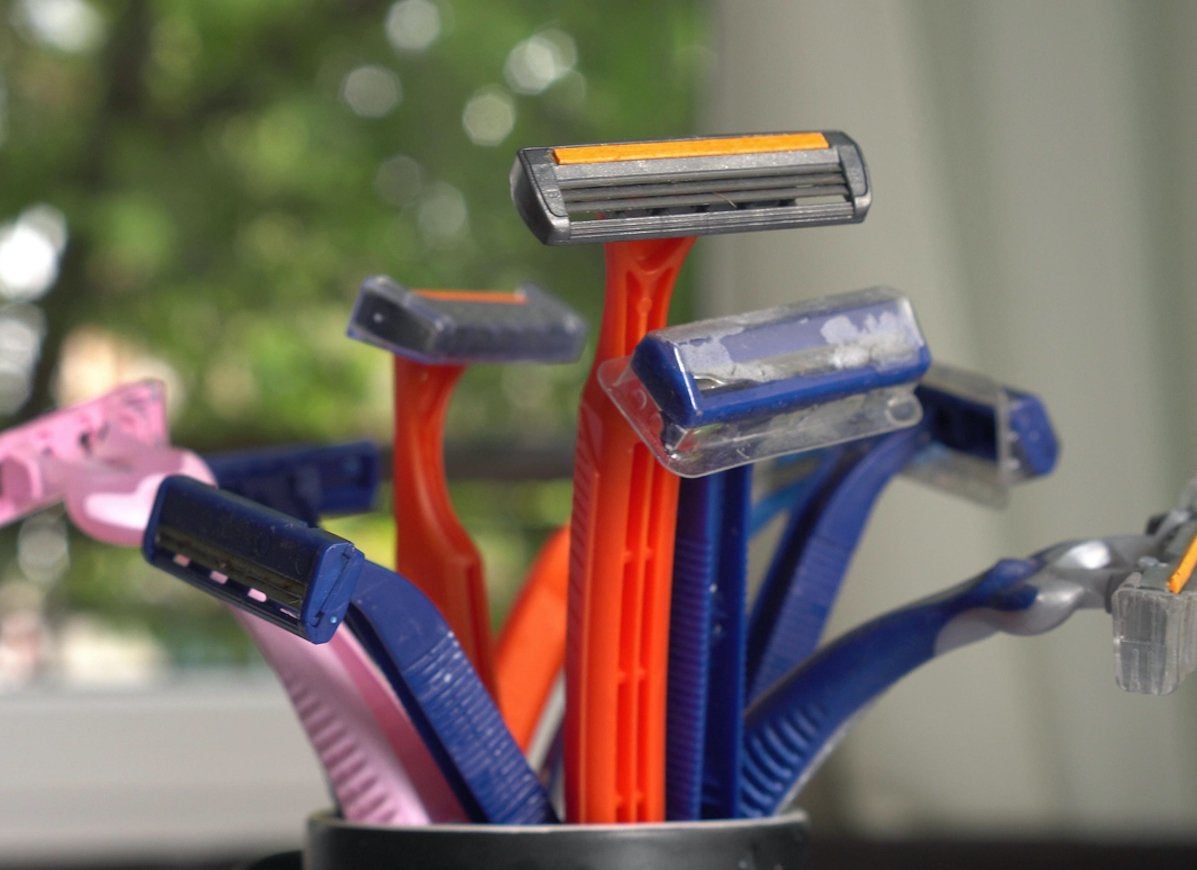
Like cosmetics, razor blades can attract a nasty crop of bacteria if used for too long; these bacteria can lead to skin irritation, rashes, or even infections. Manufacturers recommend rinsing razors and drying them thoroughly between uses, and switching to a new razor every week or after about every four shaves.
Paint
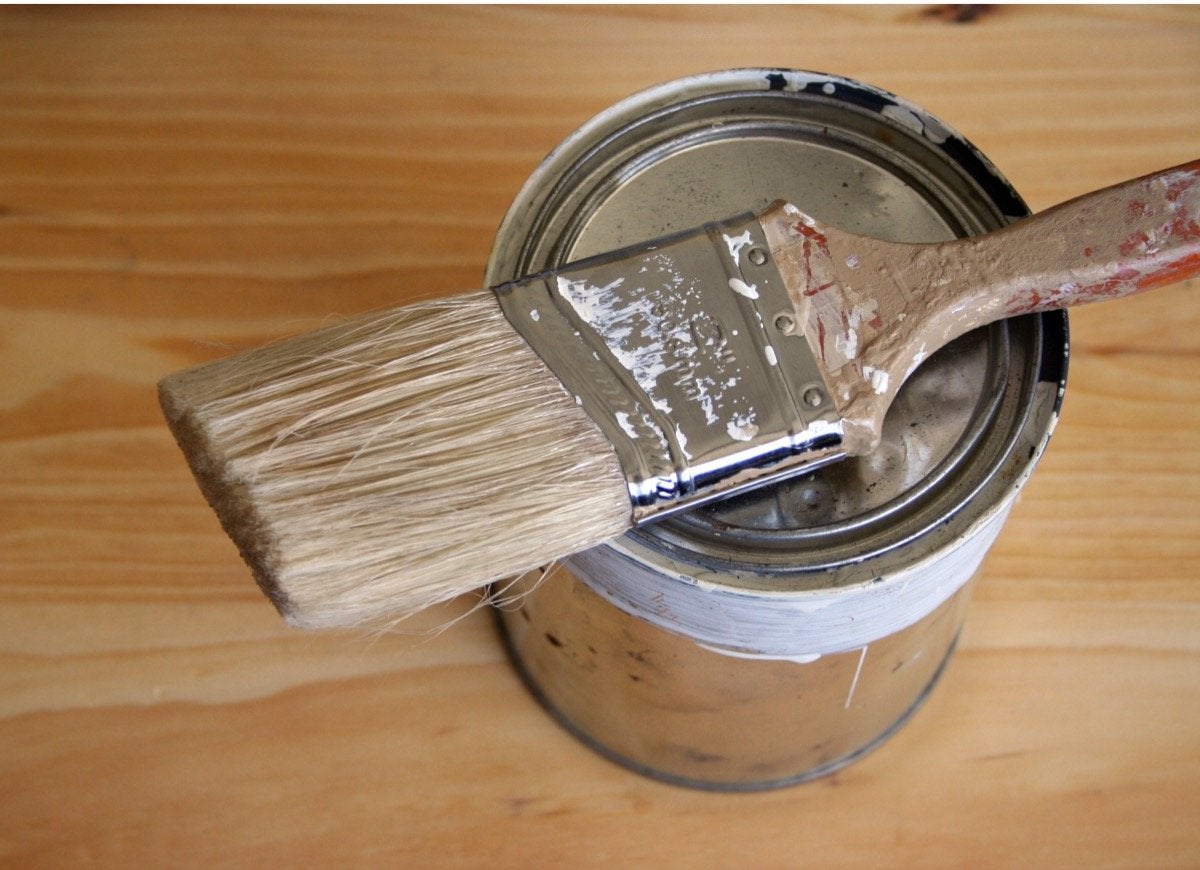
Used paint can be helpful for touch-ups, craft projects, and other uses, but make sure to use the paint before it goes bad—and keep in mind that it begins to degrade as soon as it’s exposed to air. The average shelf life of paint can vary, depending on the type of paint and the manufacturer, but a general rule of thumb is that unopened cans of paint will last two to five years, and opened cans will last from six months to five years. To keep paint fresher longer, use plastic wrap to cover the paint before replacing the lid; this will minimize the amount of air that reaches the paint.
Batteries
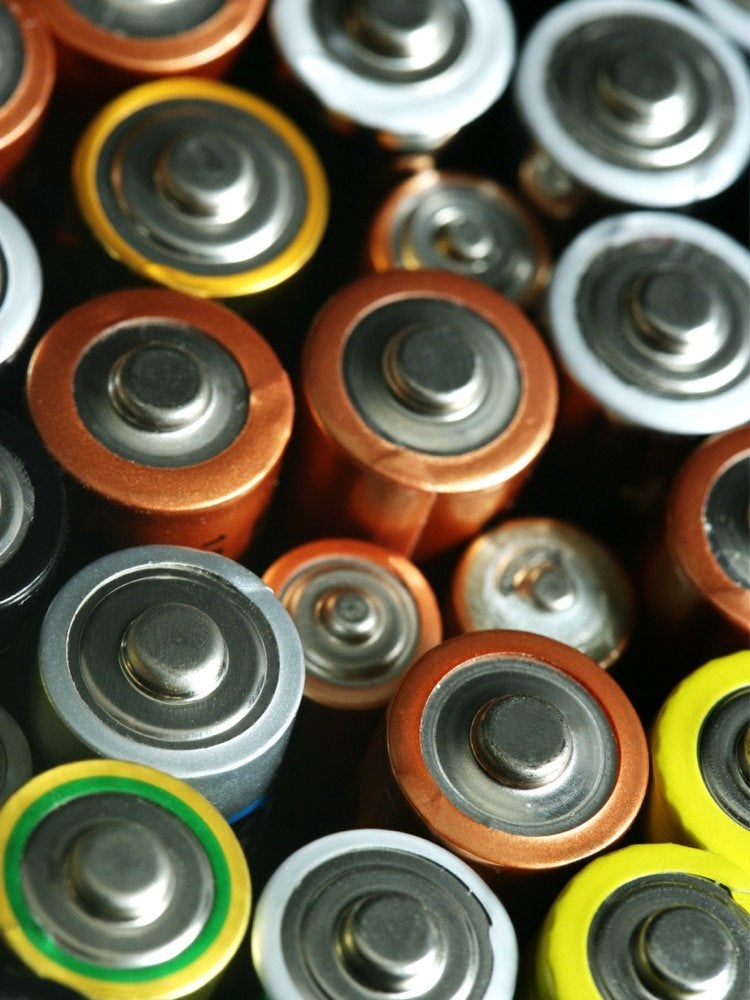
The chemical composition of batteries means that they start to degrade as soon as they are manufactured. Therefore, they have definite expiration dates, which are always printed on the package. Shelf life is determined by the size and type of battery as well as how the batteries are stored. Manufacturers recommend storing batteries in a cool, dry environment to maximize effectiveness.
Related: The Best Tools
Motor Oil and Fuel
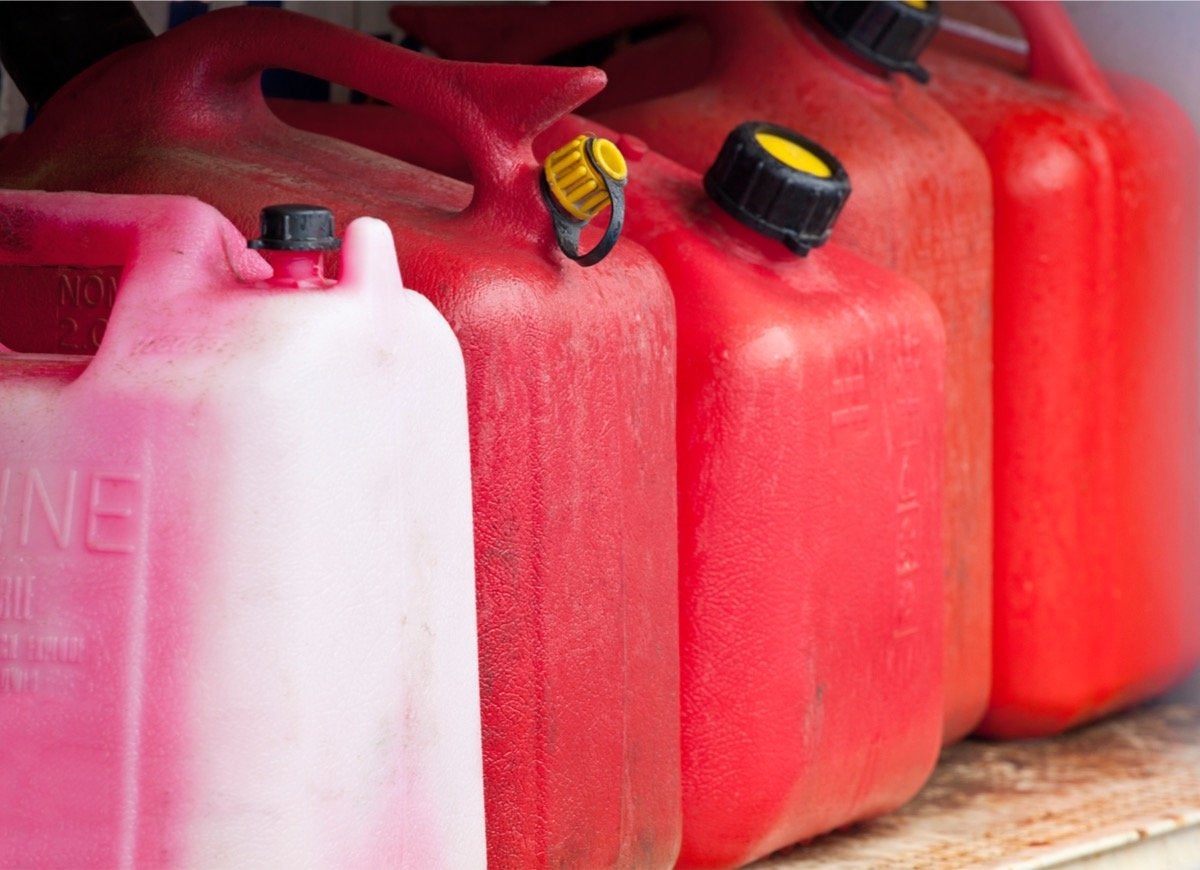
Many common household and automotive products have expiration dates because they can start to separate and change over time. Motor oil typically will last about five years, for instance, while diesel lasts only about six months. Gasoline can be stored for up to two years; kerosene will last for two if stored in a proper container out of direct sunlight. Be aware that today’s blended ethanol gasoline will degrade the internal engine components of lawn mowers and other equipment if left in the tank, so always remove the fuel at the end of the season before storing.
Cleaning Products
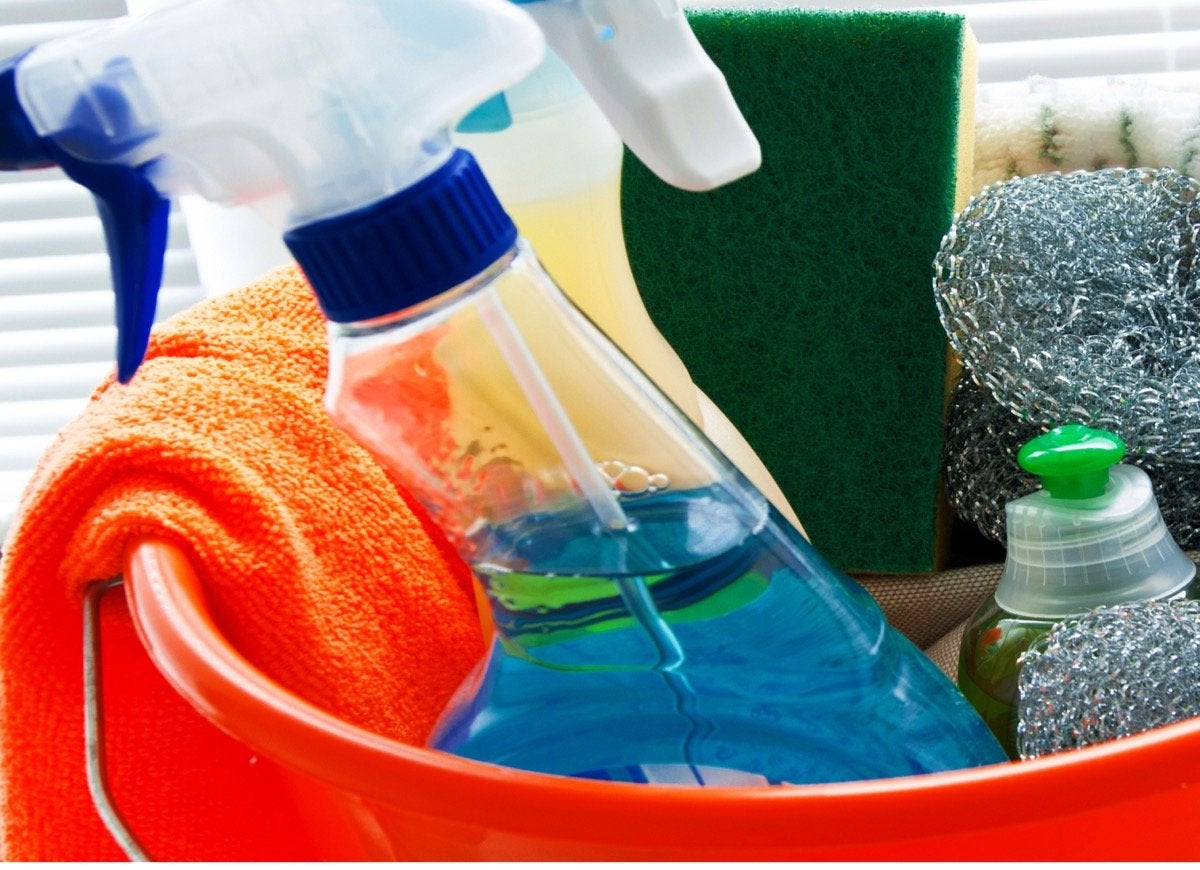
Bleach, ammonia, dishwashing soap, laundry detergent, and other cleansers can go bad over time, losing potency and cleaning effectiveness. They may also start to erode the containers in which they are stored. According to the U.S. Environmental Protection Agency, bleach falls below sanitizing standards after three months; unopened bottles of hydrogen peroxide will last up to a year, while opened bottles will last only about three months. Good Housekeeping suggests the following guidelines for holding on to cleaning products: disinfectant sprays and wipes, two years; multisurface cleaners, one to two years; liquid and powder laundry detergent, six months to one year; fabric softener, one year; dishwashing soap, 12 to 18 months; automatic dishwasher detergent, three months; metal polish, two years.
Related: 30 Spring Cleaning Tasks You Can Tackle With Natural Ingredients
Canned Goods

It is all well and good to keep a pantry full of staples, but remember that canned goods do have expiration dates. The Food & Drug Administration recommends storing canned vegetables, fruits, and sauces in a cool, dry, and dark environment. Any cans that show signs of bulging, rust, or discoloration should be discarded immediately, as they may contain bacteria that can cause severe illness or death. The FDA says that highly acidic foods like tomato sauce are safe for 18 months; low-acid foods like green beans or vegetables will keep for up to five years.
Potatoes

Potatoes may seem like they last forever, but old potatoes can hide a nasty secret: Potatoes and other members of the nightshade family (including tomatoes and eggplants) can build up dangerous concentrations of a toxic chemical called solanine. Raw, unspoiled potatoes contain minimal amounts of this toxin, but sprouted potatoes can contain harmful amounts. Potatoes should be stored in a cool, dark place, away from other vegetables like onions that can promote spoilage. When stored properly, potatoes should be good for two to three months.

All You Need to Care for Your Lawn & Garden
Keeping your grass green and your plants thriving doesn’t just take a green thumb—it starts with the right tools and supplies.
